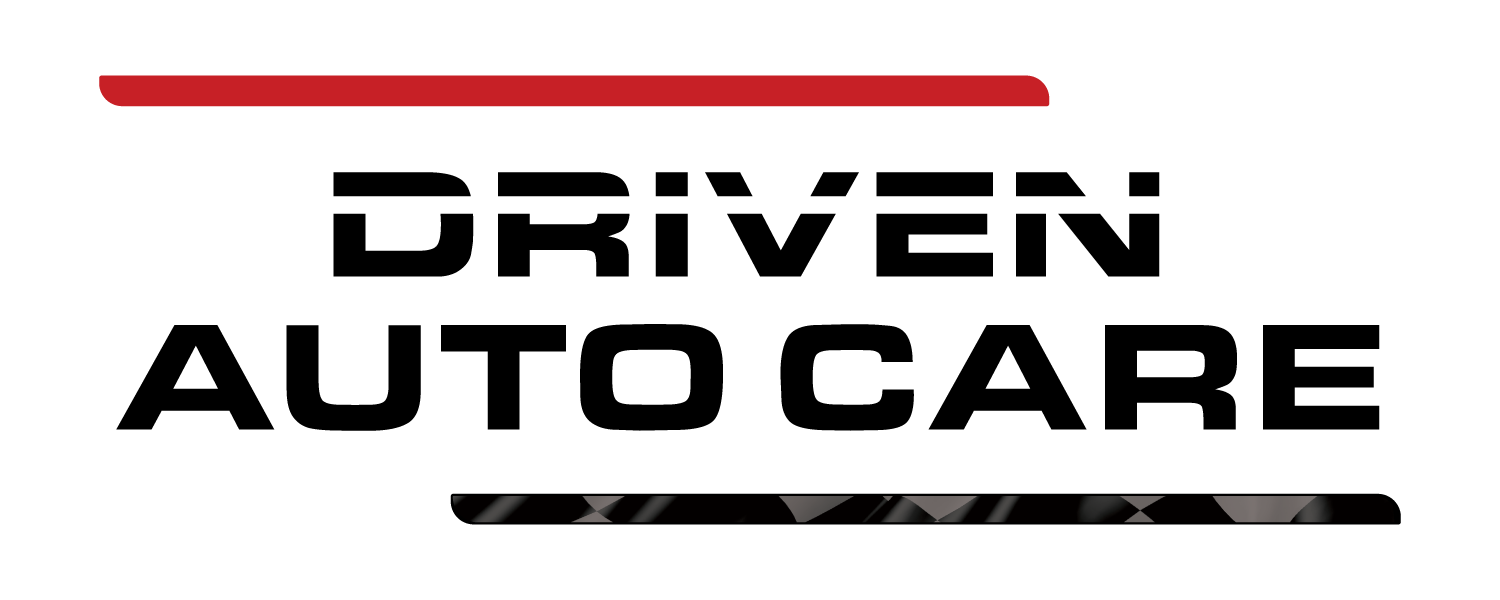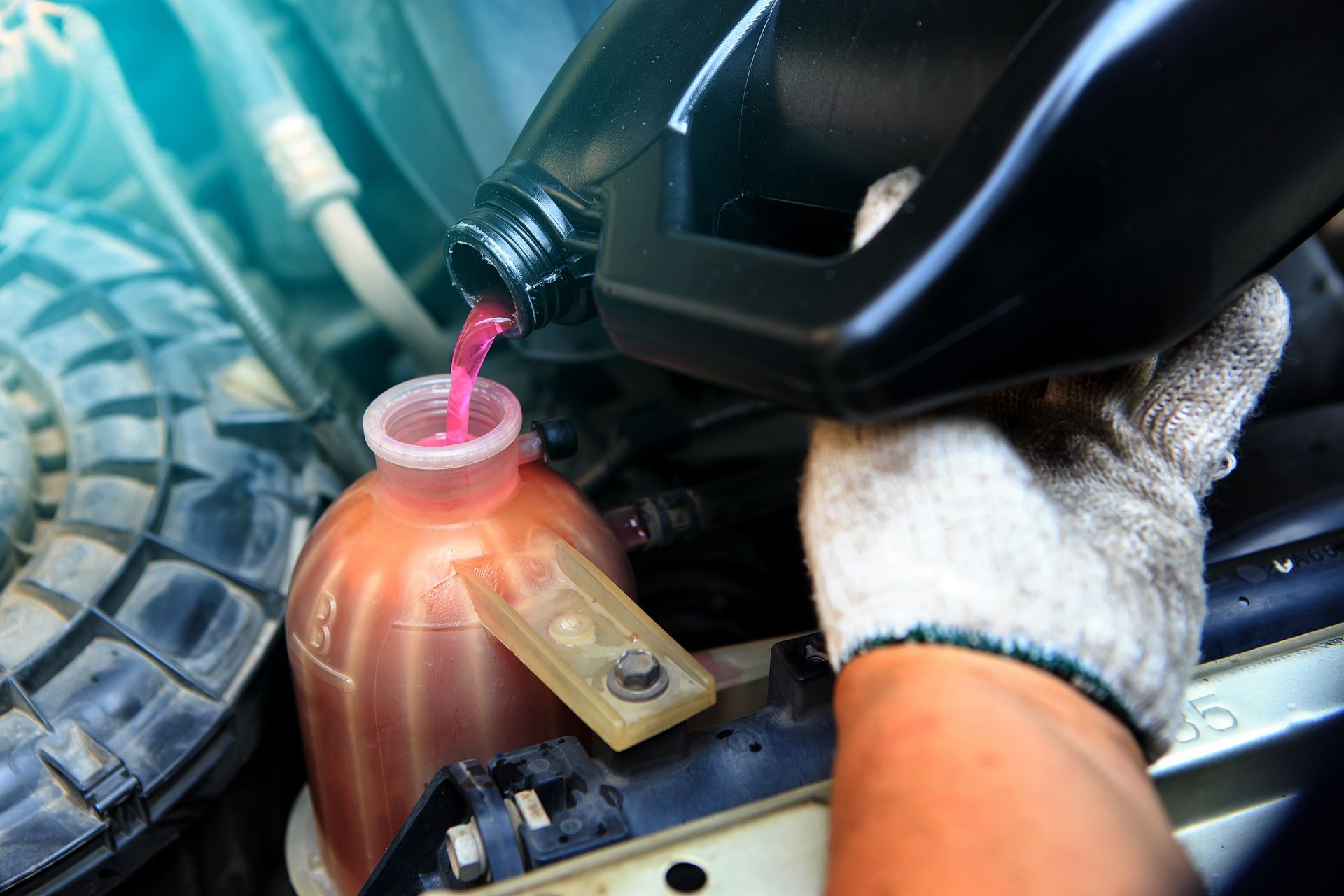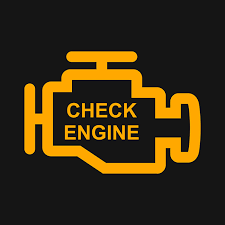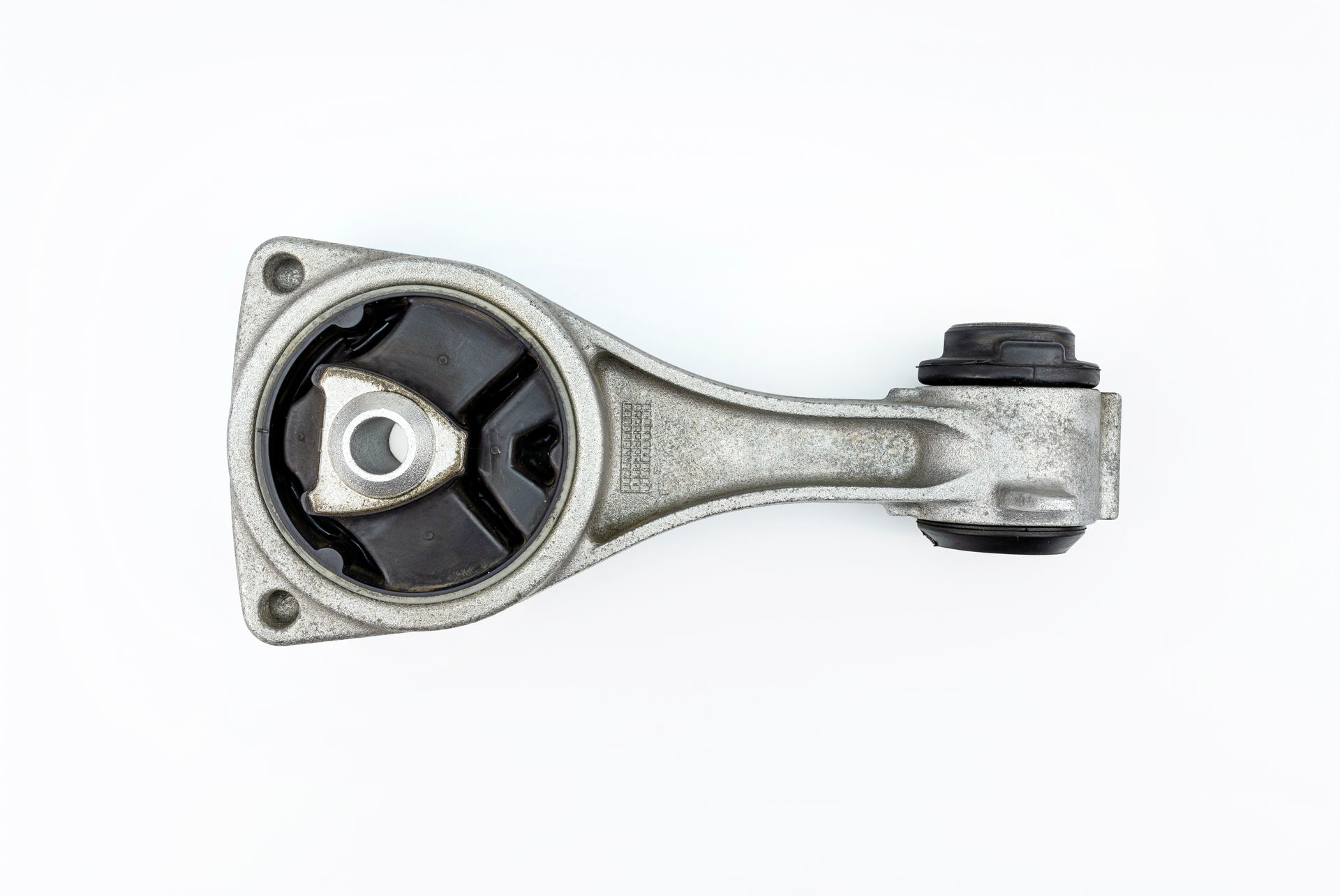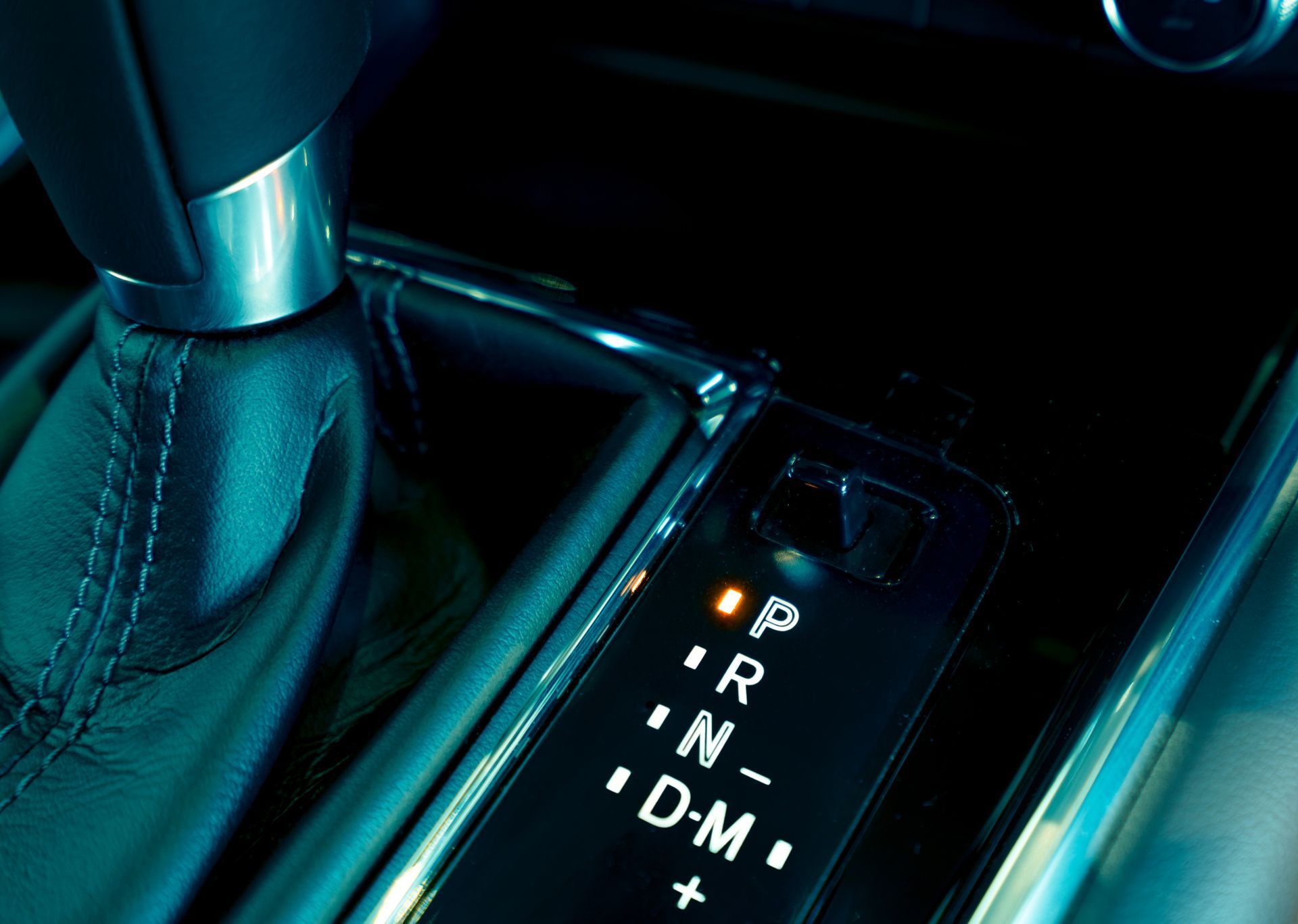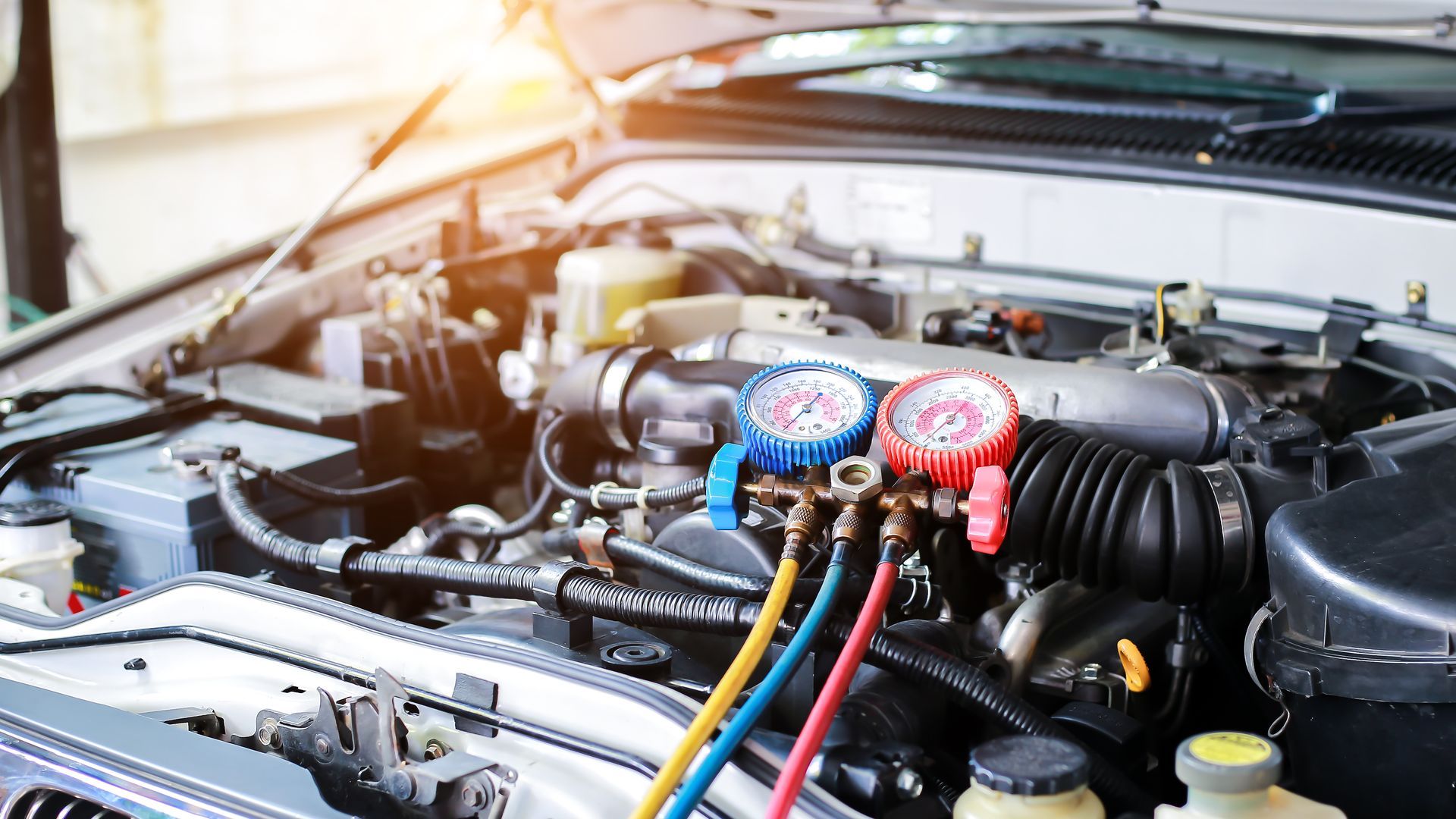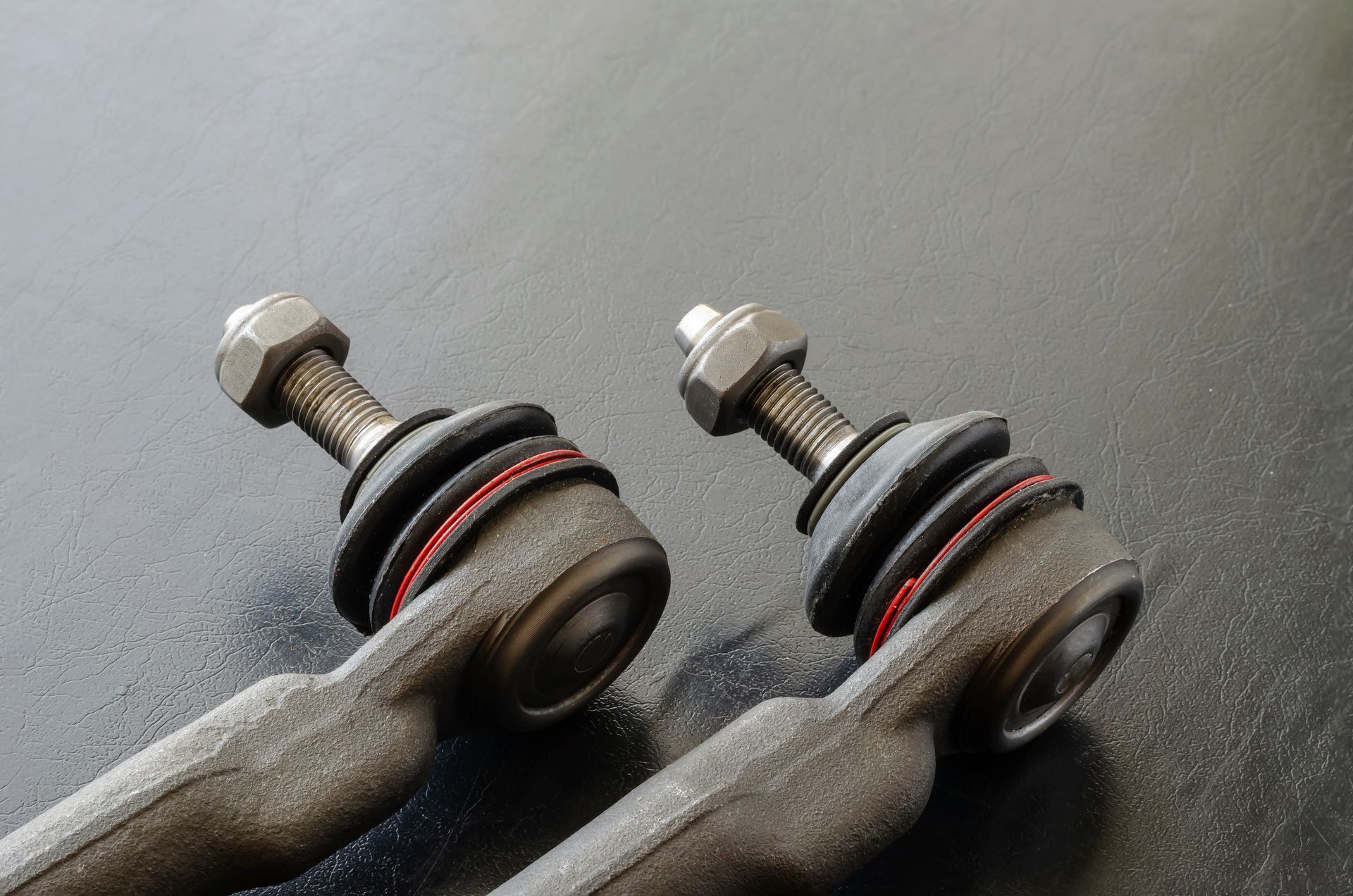Driven Auto Care – Your Dealership Alternative for Safe, Reliable Braking
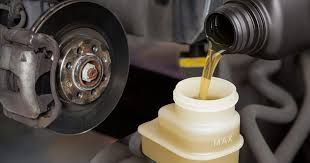
Most drivers don’t think about brake fluid. It’s out of sight, out of mind, and honestly… not something your dealership ever takes the time to explain. But as an auto repair shop that sees hundreds of commuter and family vehicles every month, we can tell you this with 100% confidence:
Contaminated brake fluid is one of the most overlooked—and most dangerous—maintenance issues on the road today.
Let’s break down why it happens, how it affects your braking system, and why staying ahead of it keeps you, your passengers, and everyone around you safer.
Brake Fluid Is Hygroscopic—And That’s a Problem
Brake fluid is designed to hold pressure under extreme heat. The moment you press the brake pedal, hydraulic fluid transfers that force to the calipers, which then clamp your brake pads onto the rotor.
But here’s what most drivers don’t know:
Brake fluid absorbs moisture over time.
This isn’t from a leak—this is normal chemistry. Brake fluid is hygroscopic, meaning it naturally pulls in moisture from the atmosphere. Even sealed systems aren’t immune.
And as water content rises, the boiling point of your brake fluid drops. That’s where the real danger starts.
How Contaminated Brake Fluid Puts You at Risk
1. Your stopping power is reduced
Under hard braking, contaminated fluid can boil and form vapor. Vapor compresses. That means your brake pedal suddenly feels soft or spongy, and stopping distances increase.
2. Internal corrosion begins
Moisture inside your brake system corrodes components like brake lines, ABS pump, calipers, and wheel cylinders.
3. ABS and traction systems become unreliable
Contaminated fluid interferes with sensors and pump function, creating inconsistent or delayed braking response.
How Often Should You Replace Your Brake Fluid?
Most manufacturers recommend a brake fluid flush every 2–3 years, but the real answer depends on driving habits, climate, traffic, and vehicle age.
At Driven Auto Care, we perform a professional brake fluid test that measures moisture content and copper levels. If your fluid is contaminated, we’ll show you exactly why and walk you through the best repair option.
Protect Your Brakes, Your Wallet, and Your Safety
Brake fluid contamination isn’t dramatic—you don’t see it, smell it, or feel it until it’s already caused damage. But ignoring it costs more in the long run and puts your safety at risk.
Visit drivenautocare.com to find your nearest location and schedule a brake system check today.
